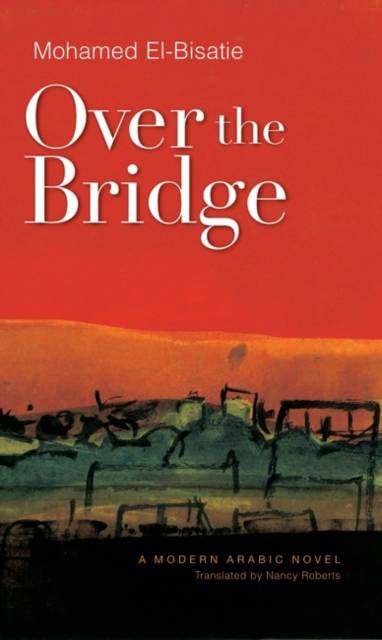
Door een staking bij bpost kan je online bestelling op dit moment iets langer onderweg zijn dan voorzien. Dringend iets nodig? Onze winkels ontvangen jou met open armen!
- Afhalen na 1 uur in een winkel met voorraad
- Gratis thuislevering in België vanaf € 30
- Ruim aanbod met 7 miljoen producten
Door een staking bij bpost kan je online bestelling op dit moment iets langer onderweg zijn dan voorzien. Dringend iets nodig? Onze winkels ontvangen jou met open armen!
- Afhalen na 1 uur in een winkel met voorraad
- Gratis thuislevering in België vanaf € 30
- Ruim aanbod met 7 miljoen producten
Zoeken
Omschrijving
Forging documents in an Egyptian government office, a bureaucrat 'authorizes' a police department for a nonexistent city in Upper Egypt in order to siphon off its monthly payroll. But beyond simply embezzling funds, he sets about imagining in detail the fictional city he has created the wealthy new district with its villas and swimming pools, the restless inhabitants of the poverty-stricken old quarter, and the Nile bridge that links the two. Most of all, he pictures the cruelty and corruption of the city's chief of police. But the longer he spends envisioning this city and its inhabitants, the more the boundaries between the real world and his imagination dissolve. With its overlapping narratives, Over the Bridge is a subtle critique of governmental ineptness, economic and social injustice, and individual moral failings. In Mohamed El-Bisatie's hands, the human drive to create, and to control one's own and others' destinies, is invariably turned on its head, while attempts to do good frequently end up causing harm instead. Like Frankenstein's monster, the bureaucrat's elaborate illusion begins, gradually but relentlessly, to take on a reality and momentum of its own and, by the conclusion of the tale, reveals itself as having contained the seeds of its creator's demise. Intriguing and surprising, Over the Bridge is a compelling allegory about power and its abuse, the thin line between reality and make-believe, and the law of unintended consequences.
Specificaties
Betrokkenen
- Auteur(s):
- Uitgeverij:
Inhoud
- Aantal bladzijden:
- 152
- Taal:
- Engels
Eigenschappen
- Productcode (EAN):
- 9789774249747
- Verschijningsdatum:
- 1/03/2006
- Uitvoering:
- Hardcover
- Formaat:
- Genaaid
- Afmetingen:
- 132 mm x 208 mm
- Gewicht:
- 317 g

Alleen bij Standaard Boekhandel
+ 30 punten op je klantenkaart van Standaard Boekhandel
Beoordelingen
We publiceren alleen reviews die voldoen aan de voorwaarden voor reviews. Bekijk onze voorwaarden voor reviews.











